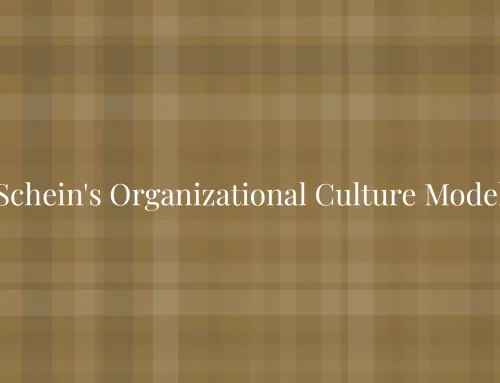Only one thing counts for perfectionists: a result that meets 100% of their expectations or those of their supervisors. Anything less is unacceptable. This sounds like the dream of every employer. But, they are also a nightmare for many other colleagues.
In every office, there are different stakeholder personalities that will come across, fairly regularly. Everything can go smoothly and bring great cohesion among them. However, at times, there may be personnel issues that brew discontent.
Consultants who want to create a harmonious client team will do well to understand their client stakeholders’ personalities. As a consultant, you can only benefit if you know how to deal with your client stakeholders, such as their pronounced tendency to perfectionism.
Characteristics of the perfectionist
Perfectionists go about their work with great care, zeal and correctness. Only tangible, convincing results satisfy them. They are very passionate and motivated employees that an asset to the organization that employs them.
In contrast to self-proponents, they are employees who, not only sing praises about their organization, but also delivers real results.
As good as these characteristics sound, perfectionists also tend to have some less-pleasant qualities. This personality type is only conditionally team-capable. They want everything to be perfect and could be demanding on the larger team.
They would rather work on activities themselves, instead of delegating some activities to their colleagues. For them, compromises are often not options worth considering.
Furthermore, their perfectionism knows no boundaries. Consequently, they strive for perfect result even when they are not warranted. This could be a drain on the organization’s resources and morale. However, for the perfectionist, this is absolutely unthinkable. Even a result that can be described as good is out of the question.
Their tendency towards the absolute perfectionism makes them less critical of themselves. Hence, perfectionists tend to resist constructive feedback, even if the feedback is to their advantage. However, this does not apply to every perfectionist. There are perfectionists, who welcome constructive feedback.
At a glance
- Want to do tasks not only well, but perfectly
- Are very ambitious, motivated and careful
- Only conditionally team and critical
- Little compromise
- Danger of wasting too much time on less important tasks
How to deal with them?
In general, there is nothing to be done about the diligent and extremely correct functioning of perfectionists. It becomes problematic only when they go overboard with their perfectionism and block the general workflow.
In this scenario, explicitly engage this personality and point out that it is acceptable to not always deliver perfect results. Undertake this activity with arguments and show the perfectionist that it can or must go on differently.
One of the most important points is the immense amount of time, closely followed by the lack of teamwork. The goal should be to convince this personality that reasonably good results are quite sufficient. Results don’t always have to be perfect.
Subsequently, if you find the perfectionist struggling to accept your feedback, help structure their thinking and gradually catalyze their team work.




